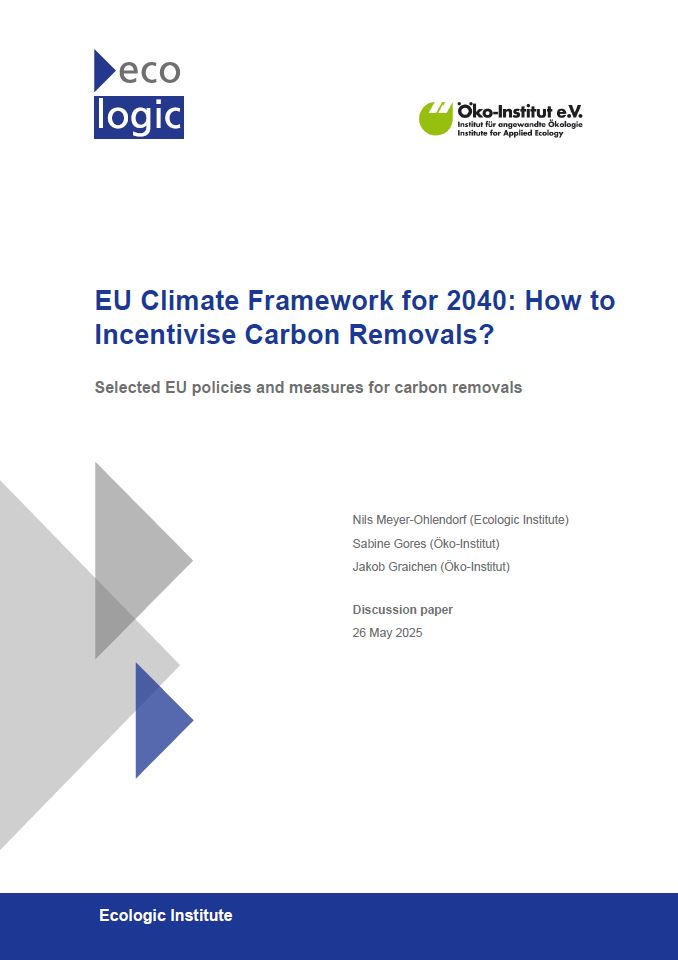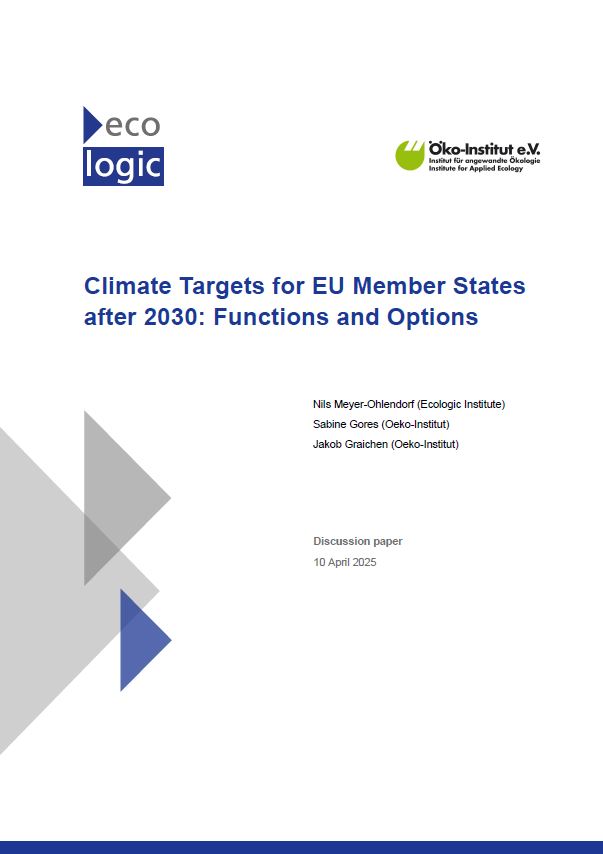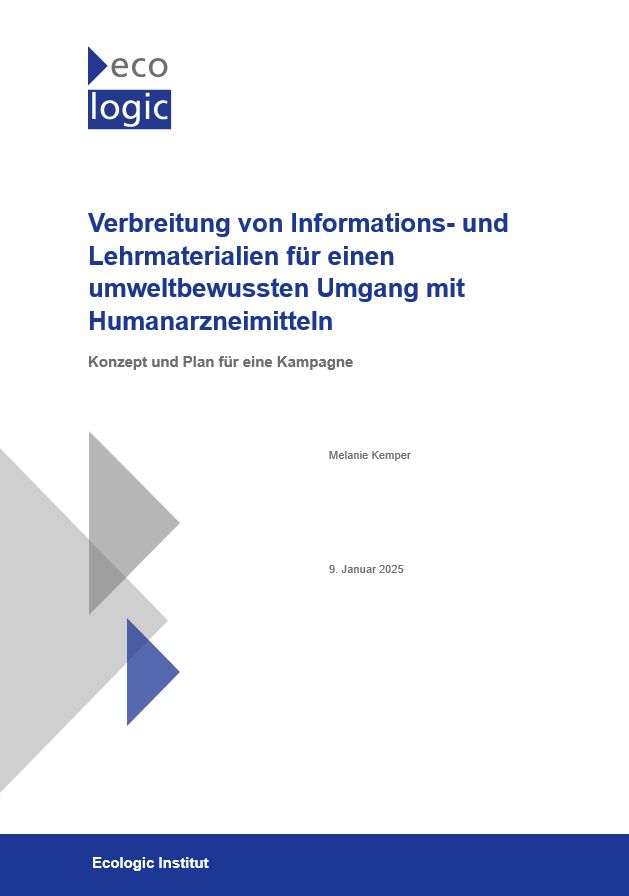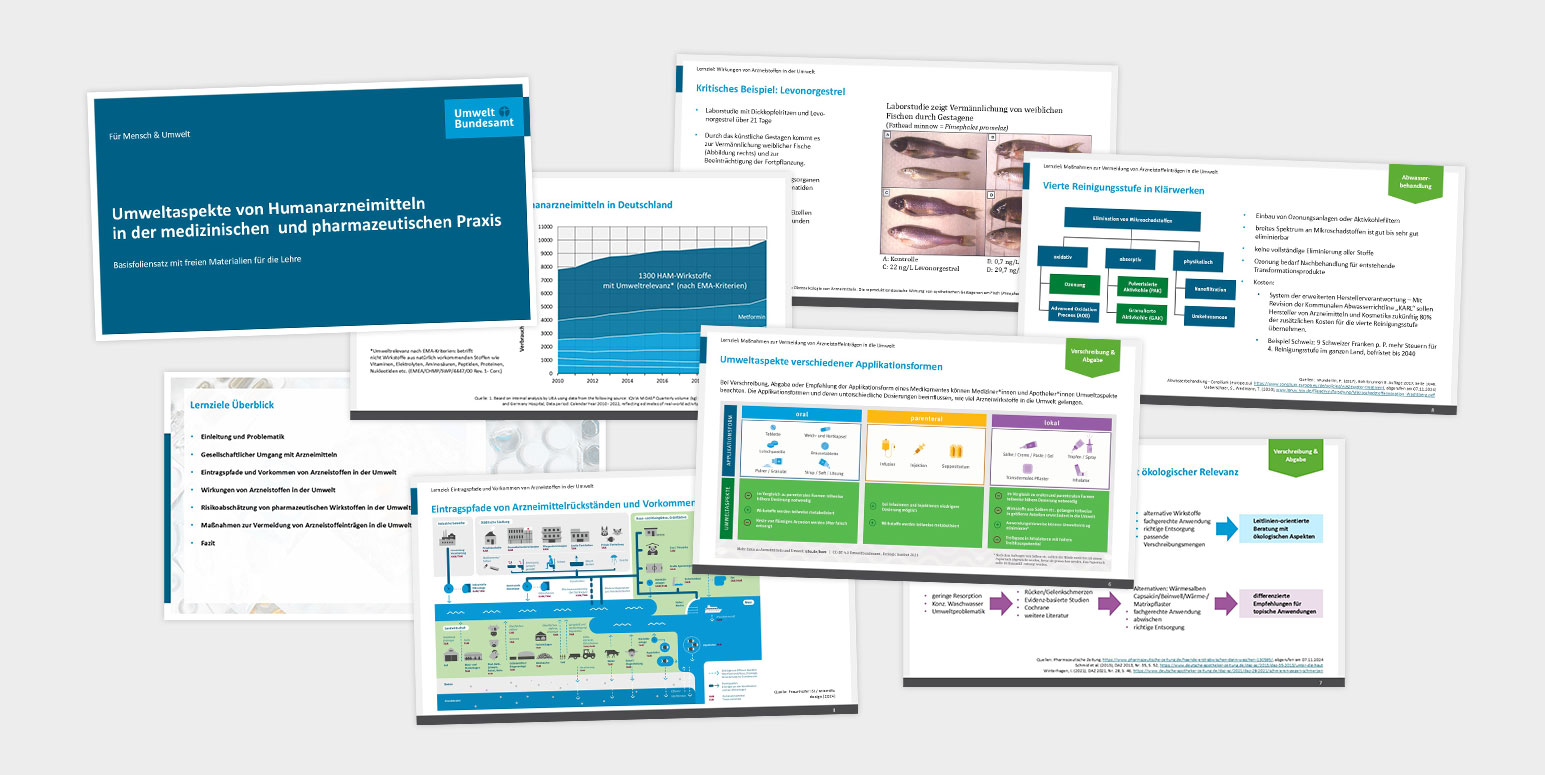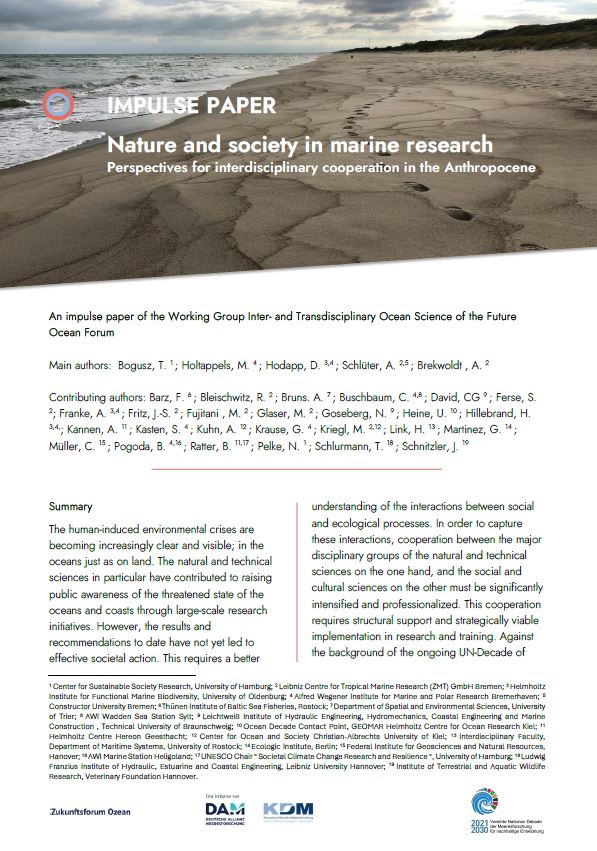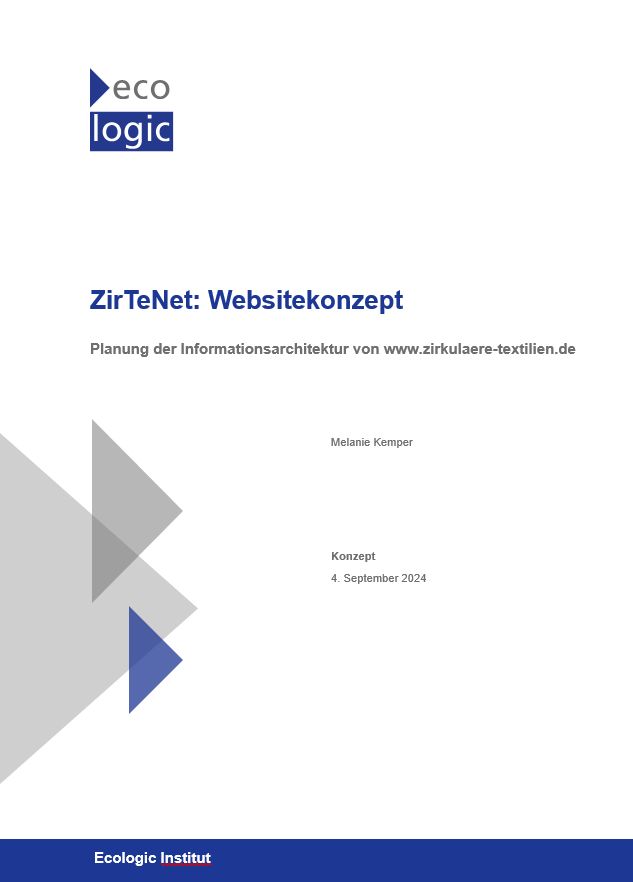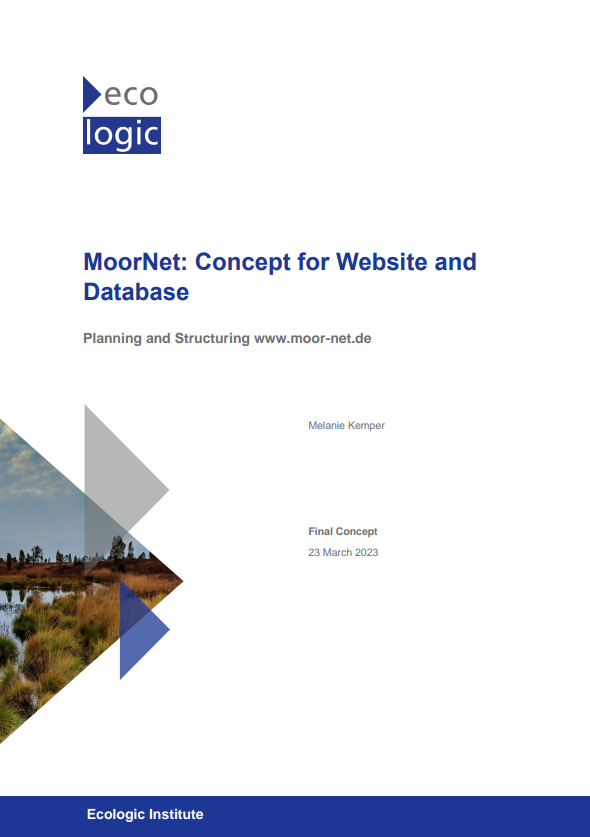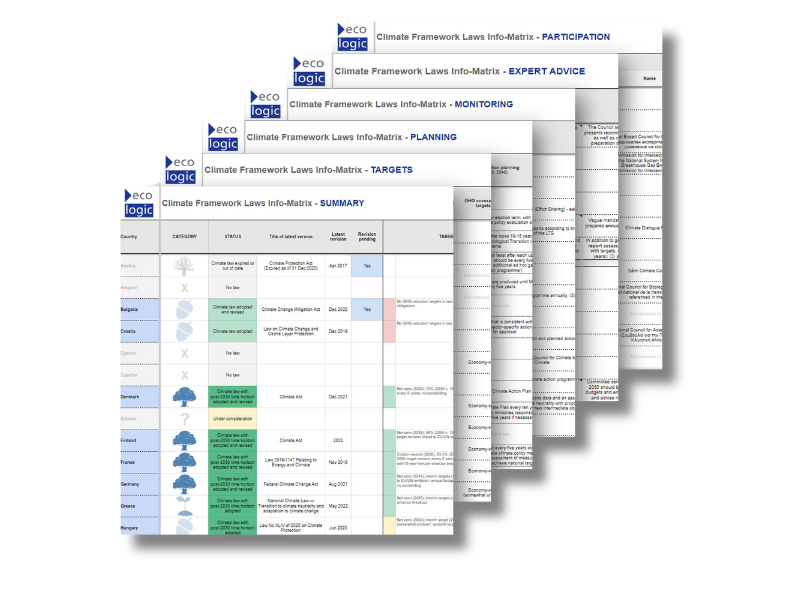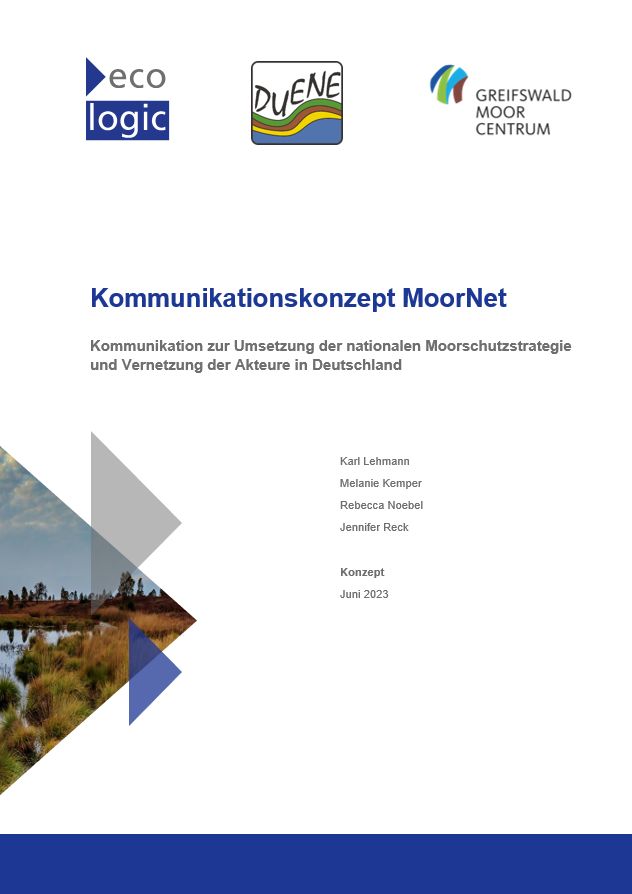Publication:Document
Publication:Document
EU Climate Framework for 2040: How to Incentivise Carbon Removals?
Selected EU policies and measures for carbon removals
Year
Read morePublication:Document
Publication:Document
Publication:Document
Verbreitung von Informations- und Lehrmaterialien für einen umweltbewussten Umgang mit Humanarzneimitteln
Kampagnenkonzept und -plan
Year
Read morePublication:Document
Umweltaspekte von Humanarzneimitteln in der medizinischen und pharmazeutischen Praxis
Basisfoliensatz und Begleittexte mit freien Materialien
Year
Read morePublication:Document
Publication:Document
Publication:Document
Deutschlands Klimaaußenpolitik: Kontext – Rückschau – Weiterentwicklung
Ariadne-Analyse
Year
Read morePublication:Document
Nature and Society in Marine Research
Perspectives for interdisciplinary cooperation in the Anthropocene
Year
Read morePublication:Document
ZirTeNet: Websitekonzept
Planung der Informationsarchitektur von www.zirkulaere-textilien.de
Year
Read morePublication:Document
Publication:Document
Publication:Document
Climate Framework Laws Info-Matrix
Gathering and presenting information on the status and substance of climate framework laws in European countries
Year
Read morePublication:Document
Kommunikationskonzept MoorNet
Kommunikation zur Umsetzung der nationalen Moorschutzstrategie und Vernetzung der Akteure in Deutschland
Year
Read more